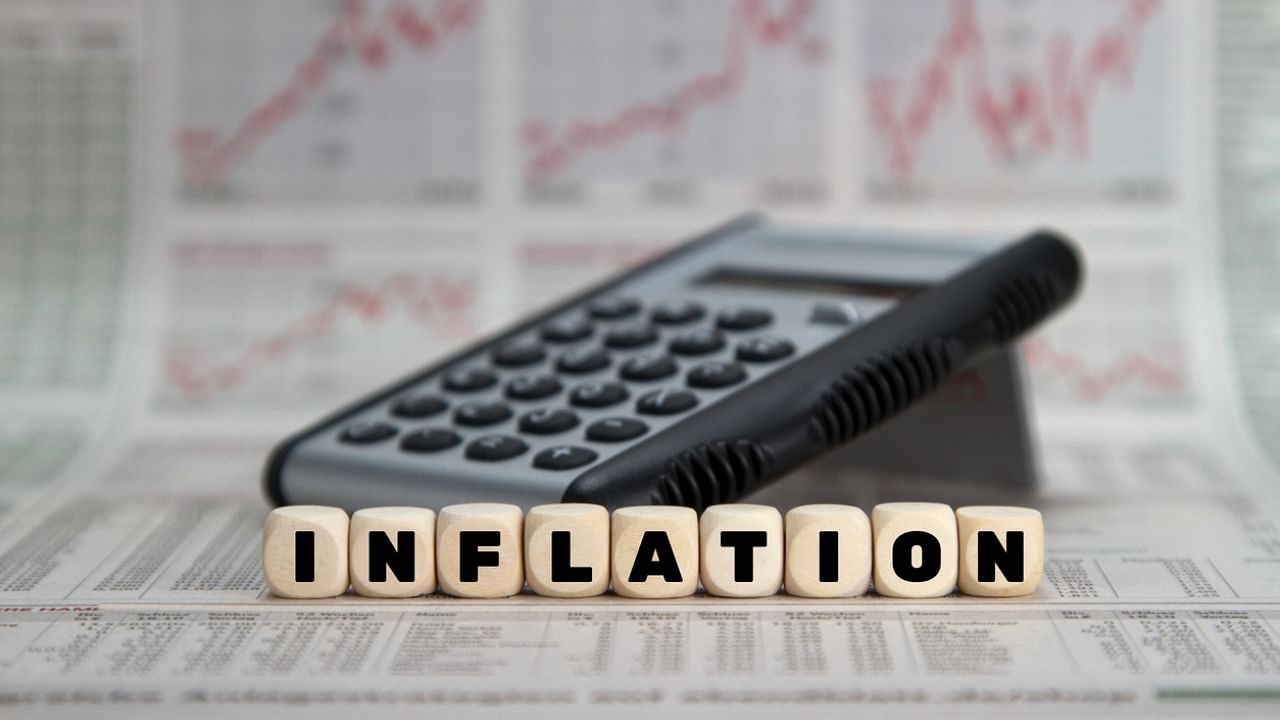
The wholesale price-based inflation softened for the second straight month to 11.16 per cent in July, on cheaper food items, even though prices of manufactured goods and crude oil hardened.
However, WPI inflation remained in double digit for the fourth consecutive month in July, mainly due to a low base of last year. WPI inflation was (-) 0.25 per cent, in July 2020.
"The high rate of inflation in July 2021 is primarily due to low base effect and rise in prices of crude petroleum and natural gas; mineral oils; manufactured products like basic metals; food products; textiles; chemicals and chemical products etc as compared the corresponding month of the previous year," the Commerce and Industry Ministry said in a statement.
Inflation in food articles eased for the third straight month, and was at 'zero' per cent in July, down from 3.09 per cent in June, even as onion prices spiked. Inflation in onions was high at 72.01 per cent.
Inflation in crude petroleum and natural gas was 40.28 per cent in July, against 36.34 per cent in June.
In manufactured products, inflation stood at 11.20 per cent in July, against 10.88 per cent in the previous month.
WPI inflation scaled double digit in April at 10.74 per cent, rising to a record high of 13.11 per cent in May. In June it eased to 12.07 per cent and further moderated to 11.16 per cent in July.
ICRA Chief Economist Aditi Nayar said the core-inflation is likely to have peaked at 10.8 per cent in July 2021.
The rapid rise in the core-WPI inflation from August 2020 onwards as well as the impact of concerns related to the Delta plus variant on commodity prices are likely to gradually soften the core print going ahead, she said.
"The headline WPI inflation is expected to remain in double-digits until October 2021, and therefore its softening over the last two months is unlikely to provide any material comfort to the monetary policy committee," Nayar added.
The RBI, which mainly takes into account retail inflation, in its monetary policy last week kept interest rates unchanged at record lows. It projected CPI or retail inflation at 5.7 per cent during 2021-22, up from its earlier projection of 5.1 per cent.
Data released last week showed retail inflation eased to 5.59 per cent in July, mainly due to softening food prices.
PHD Chamber of Commerce and Industry President Sanjay Aggarwal said although WPI inflation is decelerating month after month, the build-up of WPI inflation in manufactured products from 10.9 per cent in June 2021 to 11.2 per cent in July 2021 is worrying as it is impacting the cost of production and reducing price-cost margin of the producers.
"High prices of raw materials are posing a serious challenge to the small businesses to operate in the difficult pandemic times, which needs to be addressed immediately," Aggarwal said.